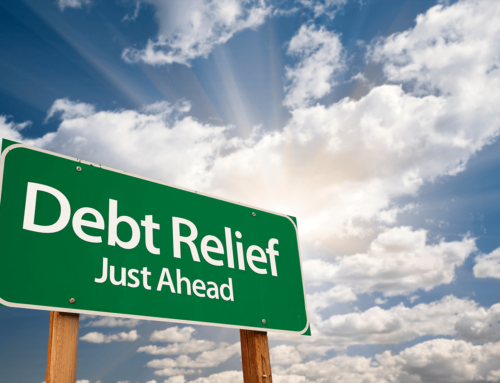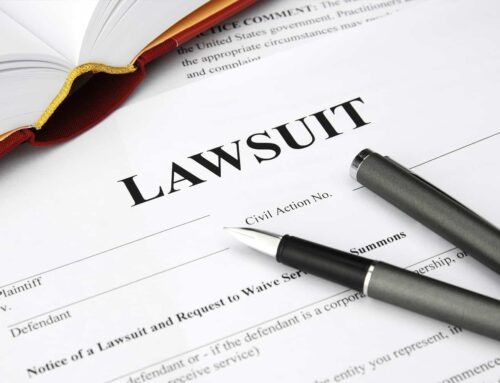Disputing Credit Errors: What You Should Know
Your credit score is important because it determines your ability to obtain credit for a home, automobile, and more. It can even play a role in whether or not you can land certain jobs. If you know that you have a poor credit report or need to file for bankruptcy as a result of over-extension without the ability to pay off your debt, you can learn more about that process here. If, however, you have noticed an error on your credit report causing a negative impact on your overall credit score, then keep reading because we have a lot of good information for you that can help.
The Fair Credit Reporting Act (FCRA) establishes and provides for the accuracy and privacy of consumer information reported by the national credit agencies. It also requires that inaccuracies be corrected by both the national reporting agency as well as the creditor providing the information to the credit agency.
Each consumer is allowed one free credit report per year. This is a good habit to get into because inaccuracies can pop up of which you are unaware until something emerges when you apply for credit. It also helps to protect you against identity theft, which continues to increase in its occurrence and in which California is one of the top three states.
There are three credit reporting agencies:
- Experian — (888) 397-3743
- TransUnion — (800) 916-8800
- Equifax — (800) 685-1111
Correcting Credit Reporting Errors
If you notice an error on your credit report, there are clear steps you can and should take to correct it. First, obtain a credit report from each agency as they may show differences. Once you have identified a reporting error, you will need to send a dispute along with all supporting documentation. Some credit reporting agencies may allow for an online submission while others require mailed hard copies.
It is a good idea to include a copy of your credit report with the item in dispute circled along with a letter describing the issue and any supporting documentation. You will also want to make sure you keep copies of everything for your records. If you aren’t sure what to say in your letter, you can find dispute letter sample templates online. If you send a letter, consider sending it via certified mail as you can see proof as to when the letter was received by the credit reporting agency at which point they have up to 30 days to respond.
Including the Information Provider
When you submit a dispute to a credit reporting agency, they are required to contact the information provider to request a response from them. Generally, one of these three possibilities occurs as an outcome:
- The information provider responds and proves the reporting was accurate,
- The information provider responds and acknowledges the error, or
- The information provider doesn’t respond at all.
The first result will result in the item remaining on your credit report while the other two will result in a correction.
The credit reporting agency should notify you in writing of the results as well as reach out to the other credit reporting agencies if a correction has been made. However, it never hurts to go through the process for each credit reporting agency. You can also ask the credit reporting agency to send a corrected file to anyone who denied you credit within the past six months or up to two years if employment was denied.
Important Notes
Not all creditors report consumer information to the credit reporting agencies. Big banks, mortgage companies, large credit card companies, and financing institutions do. However, smaller retailers, credit unions, and other smaller entities do not.
If any dispute is deemed accurate and not removed from your credit report, then you will have to wait until it naturally falls off. Most items fall off within seven years although bankruptcy generally remains for ten years. Credit inquiries, which have an impact on your credit score, generally fall off after a year.
At the Law Offices of Brent D. George we don’t fix credit report errors but if you are dealing with a creditor who is harassing you, threatening you, or who hasn’t obliged your request for them to cease contacting you, give us a call at (805) 494-8400.
Disclaimer: This article is intended for informational purposes only and does not constitute legal advice. For personalized assistance, please contact our office at (805)494-8400.



